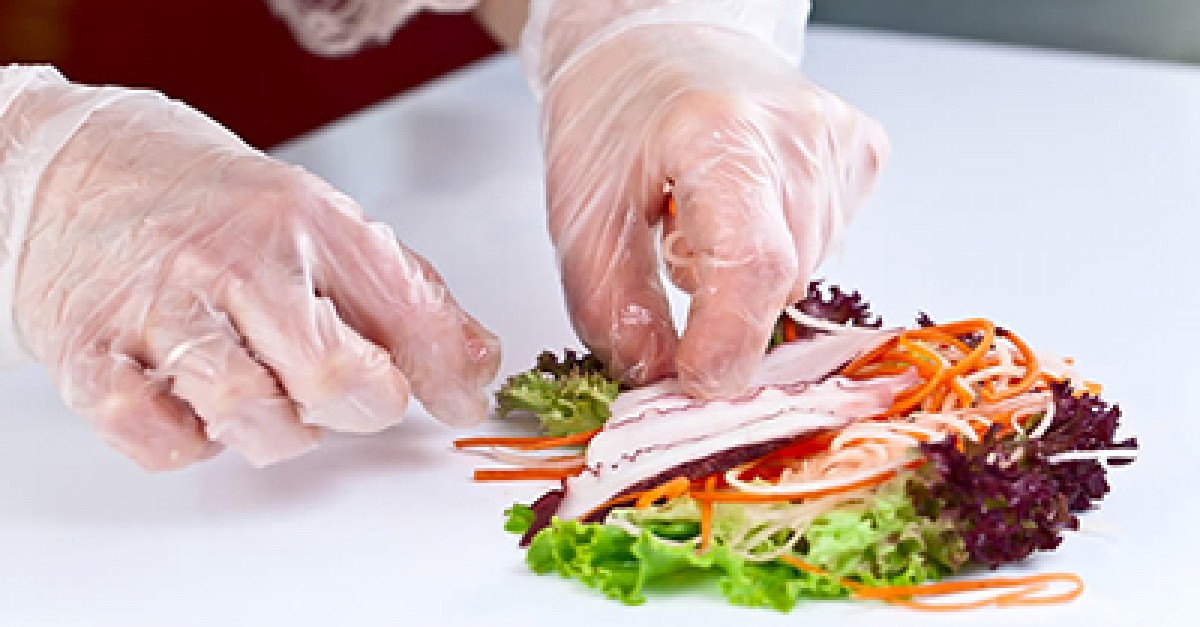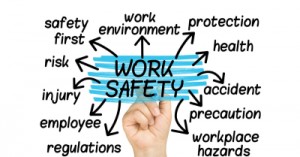In early childhood settings, food safety isn’t just a regulatory checkbox—it’s a daily responsibility tied to children’s wellbeing. Whether you're preparing snacks, managing mealtimes, or supporting nutrition education, having a valid food handling certificate is essential. This guide consolidates the most widely recommended options from sector peers across Australia, saving you time and stress.
Why It Matters
-
Regulatory compliance: Many services require staff to hold food safety training under the National Quality Standard (NQS) and local council guidelines.
-
Child safety: Proper food handling reduces the risk of contamination, allergic reactions, and illness.
-
Professional confidence: Training empowers educators to manage food routines with clarity and care.
Regulatory Requirements: What Educators Need to Know
Food safety responsibilities in early childhood education are governed by a combination of national and local frameworks:
National Quality Framework (NQF)
- Quality Area 2 – Children’s Health and Safety: Requires services to implement effective hygiene practices and ensure food is safe and nutritious.
- Element 2.1.1 – Wellbeing and Comfort: Educators must promote and protect children’s health, including safe food handling.
- Element 2.1.3 – Healthy Lifestyle: Services must support healthy eating practices, which include safe food preparation and storage.
Local Council and State Requirements
- Many councils mandate that staff involved in food preparation complete food safety training, often specifying approved programs like
- “DoFoodSafely” (Victoria)
- “Food Handler Basics” (NSW)
- “I’m Alert” (various councils nationwide)
Note: Requirements may vary by state and service type. Always check with your local council or service provider to confirm accepted training.
Documentation and Assessment
- During Assessment and Rating, services must demonstrate that staff understand and apply safe food handling practices.
- Certificates should be kept on file and linked to staff professional development records.
Free Training Options by Popular Recommendation
| Training Program | Provider | Access Link | Notes |
|---|---|---|---|
| Food Handler Basics | NSW Food Authority | foodauthority.nsw.gov.au | Free, online, suitable for NSW-based educators |
| Do Food Safely | Victorian Department of Health | dofoodsafely.health.vic.gov.au | Nationally accessible, widely accepted across states |
| I’m Alert Food Safety | Local Councils (varies) | Check your council’s website | Free modules offered by many councils; check for local recognition |
Food safety training shouldn’t be a barrier—it should be a bridge to safer, more confident practice. By accessing free, recognized certificates and understanding your regulatory obligations, you’re not just ticking a box—you’re actively safeguarding children’s well-being and strengthening your professional toolkit. Whether you're a new educator or a seasoned leader, your commitment to safe, nurturing environments matters.
Further Reading
Now In Effect—Educators Handling and Serving Food Must Be Trained And Food Safety Supervisor Onsite
Free Food Handler Basics Training For All Educators
NSW Early Childhood Services That Provide Food To Children To Meet New Food Safety Requirements From 8th December 2024







 The Australian Government is rolling out unannounced spot checks across Early Childhood Education and Care (ECEC) services nationwide. This follows a successful pilot in October–November
The Australian Government is rolling out unannounced spot checks across Early Childhood Education and Care (ECEC) services nationwide. This follows a successful pilot in October–November ***WARNING: DISTRESSING CONTENT*** Victorian detectives have laid 83 additional charges against former Melbourne childcare worker Joshua Dale Brown, expanding the total number of alleged offences
***WARNING: DISTRESSING CONTENT*** Victorian detectives have laid 83 additional charges against former Melbourne childcare worker Joshua Dale Brown, expanding the total number of alleged offences In April 2025, the Fair Work Commission (FWC) issued a provisional decision recommending staged award increases to address the undervaluation of early childhood educators; however,
In April 2025, the Fair Work Commission (FWC) issued a provisional decision recommending staged award increases to address the undervaluation of early childhood educators; however, Regulatory authorities across Australia have identified staffing as a priority area, with a strong focus on ensuring educators hold valid, authentic qualifications. Unfortunately, fraudulent certificates
Regulatory authorities across Australia have identified staffing as a priority area, with a strong focus on ensuring educators hold valid, authentic qualifications. Unfortunately, fraudulent certificates Recent commentary has highlighted a striking statistic: 90% of new childcare providers in Australia are run for profit. This raises a fundamental question is this
Recent commentary has highlighted a striking statistic: 90% of new childcare providers in Australia are run for profit. This raises a fundamental question is this